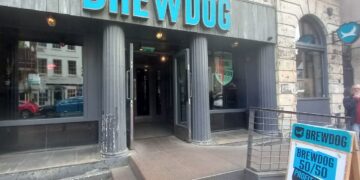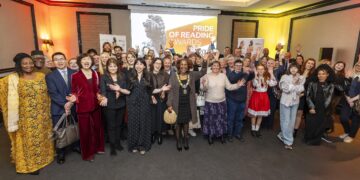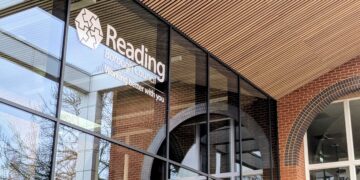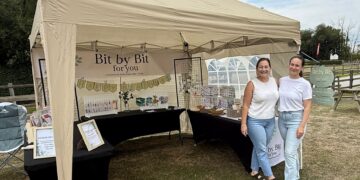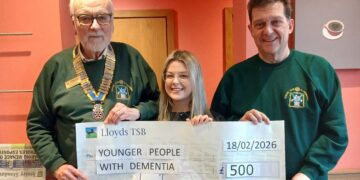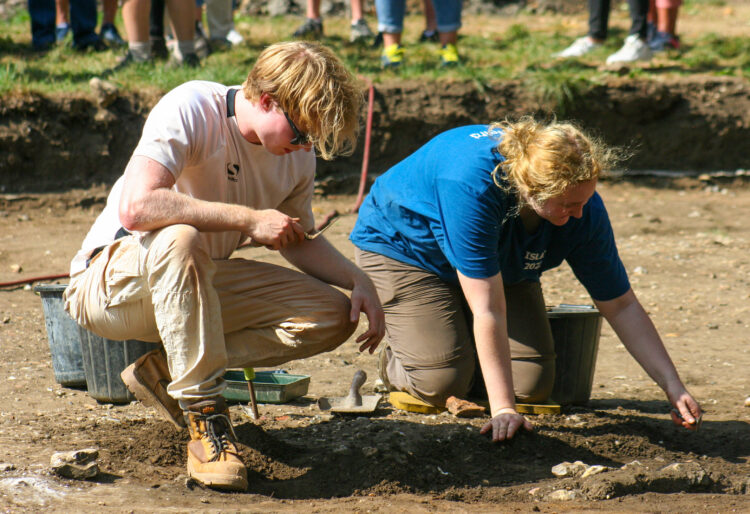CREATIVE minds and excavation experts are set to unite at a medieval site for a special two-day celebration of culture and heritage led by the University of Reading.
The Cookham Abbey monastery, led by Queen Cynethryth in the eighth century, has been excavated by university staff and students every summer since 2021, and archaeologists returned for more digging in July.
A guided tour of the Cookham Abbey excavation site with Professor Gabor Thomas, lead of the field work, will follow before a panel discussion on developing future collaborations between art and archaeology.
It will also include keynote talks by Dr Antonia Thomas from Orkney, course leader of the Archaeology and Contemporary Art MA course, University of the Highlands and Islands, and Professor Sarah Casey, Professor in Fine Art and its Histories at Lancaster University
On the second day, 20 artists and archaeologists will attend a half-day workshop to create artwork directly on the archaeological site and develop work inspired by the Cookham excavations.
Last year, five professional artists were invited to join Phyllida Shelley Cookham Abbey to develop artwork inspired by the excavation of Cookham Abbey.
Alongside the symposium, the exhibition “River & Earth: Contemporary Art Meets Ancient Ground” will display artwork created by the group of artists inside Holy Trinity Church, next to the Cookham Abbey excavation site
In addition to the symposium, Phyllida Shelley will run the “Down to Earth” programme, a series of five creative engagement workshops taking place during the Cookham Dig season.
Each session invites people from the wider community to explore archaeology through printmaking and drawing, inspired by finds from the excavation. The workshops are open to all, with no previous experience necessary.
Ms Shelley said: “This symposium brings together archaeologists and artists, offering a valuable opportunity to learn from each other’s methods.
“By learning about and discussing different ways artists have worked with archaeological research projects, we explore how these collaborations can enhance archaeological research, enrich artistic practice, and deepen public engagement with local history.”
Full details and tickets are available via: cookhamabbey.org.uk/events



